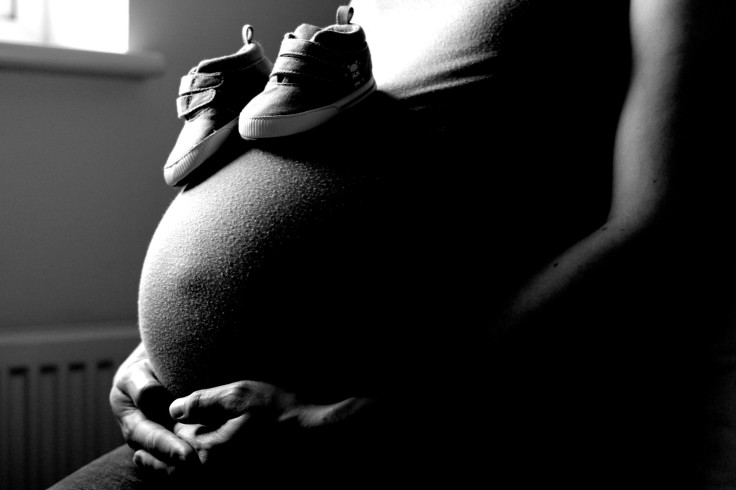More States Offering Women Long-Term Birth Control After They Give Birth — That's A Good Thing

Offering women who have just delivered their child an intrauterine device (IUD) or long term contraceptive implant may seem like an oddly timed suggestion, but it’s one that many states, through their Medicaid programs, are now making, according to a new study published in Contraception this October. And for good reason.
"Many women's first choice for birth control is an IUD or implant, which we know are the safest and most effective forms of reversible contraception. The problem is that many postpartum women can't make it back to the office for an appointment to get one." explained lead author Dr. Michelle Moniz, an assistant professor of obstetrics and gynecology and researcher at the University of Michigan Medical School, in a statement. "Our findings suggest that more and more agencies recognize significant benefits to providing this service before women even leave the hospital."
Moniz and her colleagues interviewed 40 representatives of various Medicaid agencies across the country, and asked them why they did or didn’t offer these immediate contraception options to new mothers. Those who did cited research showing that the option largely benefits everyone involved, from reducing health risks and costs from unintended pregnancies that happen too early in succession (the current evidence suggests that pregnancies should be no less than two years spaced apart), to meeting an expressed desire of new moms.
Indeed, an extensive 2001 study of 27 countries found that 95 percent of women did not wish to become pregnant again within two years, yet only 35 percent were able to meet their need for family planning. Even these women were overwhelmingly more likely to lean on more unreliable short-term contraceptive methods rather than IUDs or implants, the study’s authors noted.
Additionally, a survey published in Contraception this September found that postpartum women who obtained immediate long-term contraception were largely happy with their decision six months to a year later, despite the fact the IUD has a slightly higher chance of falling out when administered after birth than otherwise (implants pose no such problem).
“Placement of implants and IUDs immediately PP (postpartum) can lead to high satisfaction,” they concluded. “Despite early IUD expulsions, continuation rates were similar to those placed outside of the immediate PP period.”
While the authors of this latest study did find that Medicaid providers, which provided coverage for nearly half of the four million U.S. births seen in 2010, are increasingly warming up to the idea of postpartum birth control, they also noticed that some agencies expressed health and financial concerns as their reasons for not offering this type of coverage — concerns unsupported by the evidence to date.
In the past three years, 19 states have begun to specifically allow postpartum birth control to be reimbursed through Medicaid, a sharp increase from zero beforehand.
"We found that the landscape is changing rapidly, with more Medicaid agencies making it easier for women to get the kind of birth control they want, when they need it most," Moniz said. "The majority of states, however, still do not provide this specific coverage, suggesting a great need to correct misinformation about immediate postpartum contraception and concerns about cost to help promote better access for more women."
Similarly, Moniz and her colleagues hope that Medicaid’s example can inspire more private insurance companies to cover the practice as well.
Source: Moniz M, Dalton V, Davis M, et al. Characterization of Medicaid Policy for Immediate Postpartum Contraception. Contraception. 2015.
Published by Medicaldaily.com



























